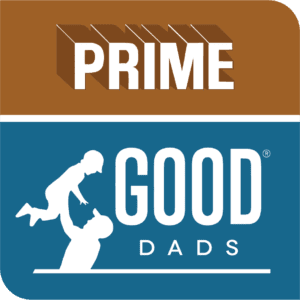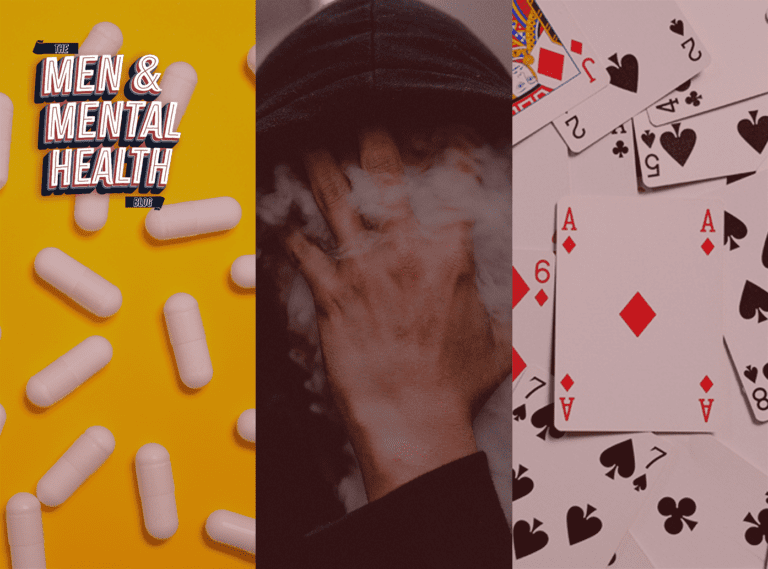Addiction is all around us, and the data is distressing. The Substance Abuse and Mental Health Services Administration (SAMHSA, 2023) estimates more than 60 million people age 12 and up used illicit drugs in the US in the last year. The National Institute of Health (2023) found about 1% of the population struggles with gambling disorder. The Mayo Clinic Health System (2023) reports that up to 24 million Americans struggle with a diagnosable sex addiction.
When my clients talk about addiction—to drugs, alcohol, gambling, sex or something else—they often sound frustrated, lost and confused. In my counseling practice, I don’t just tell them what I think they want to hear. Instead, I share the reality about addiction.
“I’m not addicted; I can quit anytime I want.”
Habits and addictions look similar in that they both are a repeated behavior that is often unconscious. The difference between an addiction and a habit is that addiction has a significant impact on your ability to think and make decisions. It influences your behavior due to being consumed by its destructive power. A habit can be broken, whereas an addiction cannot.
“My addiction isn’t interfering with my life.”
Addiction can come in all forms, including substances, alcohol, sex, gambling and food. Addiction is more than the chronic usage of a harmful substance or behavior that provides the temporary emotion of feeling good. It is a chronic symptom that is masking the pain hidden deep within and has become a maladaptive coping mechanism that alleviates this pain.
Addiction looks like a parent preoccupied with their next “fix” while playing with their children. Addiction is calling in sick to work for several days, being absent from family events or making excuses as to why you can’t go out and socialize with your friends for the sake of getting high. It is sacrificing a functional way of living due to the inability to break away from the addiction. Addiction causes changes in personality and behavior, including feelings of anxiousness, external outbursts of anger and irritability, a lack of motivation, withdrawing from loved ones, paranoia, secrecy and feelings of worthlessness.
“I grew up with someone who was an alcoholic. That isn’t me; I just like drinking.”
The first introduction to alcohol is typically through living with an alcoholic or engaging in social drinking. Alcohol affects the brain quickly: It changes how you feel and act in a short amount of time. You might enjoy drinking because of this. Eventually, your tolerance will build up and it will require more to achieve that “feel good” sensation. This is usually the first sign of alcohol dependence. If you find yourself planning for the next drink, if you feel anxiety until you have a drink, if you feel unwell or if you need to have a drink first thing in the morning to keep discomfort at bay, you are likely suffering from alcohol dependence.
Alcohol dependence can also encourage you to behave in ways that you otherwise wouldn’t. You might get aggressive, act embarrassingly or take risks. Not only do these behaviors negatively impact your close relationships, but you might do something that physically harms yourself or someone else. For instance, the Centers for Disease Control and Prevention reported last year that 32 people die in car crashes involving a drunk driver every day.
“I know so many people who can use drugs recreationally. Why am I addicted?”
Addiction tends to run in families. Not only is there a genetic component to addiction, but there are environmental influences, too. You might have grown up in a household where your parents’ or siblings’ drug use was a norm within the home. Your friend group might use drugs together as a group. Traumatic events might trigger such unbearable pain that substances or acting-out behavior are the only things that seem to alleviate the pain, even if momentarily. Some addiction has been fueled by the overprescribing of pain medication by physicians.
“I want to take back my life. I don’t want to be addicted anymore.”
Although you might be recognizing your addiction’s destruction on your life and relationships, your desire to quit is hindered by the discomfort of physical and psychological withdrawal. One of the hardest parts about recovery is admitting that you have a problem. Once you accept this, then it is time to accept professional help. You might need to admit yourself into an in-patient detox program followed by an intensive outpatient program.
It’s important to identify your immediate support network and admit your addiction to them. As substance use and acting-out behaviors such as gambling and sex addiction are often co-morbid with mental health disorders—that is, if you have one, you’re more likely to have the other—it’s important to start therapy to get help identifying and working through your issues. Your therapist will facilitate a non-judgmental and safe environment while holding you accountable during your recovery journey.
There is strength within the vulnerability needed to admit that you have a problem. Don’t delay your recovery journey by putting it off until tomorrow. Don’t allow your addiction to continue having power over your life. You deserve to live free from the shackles of addiction and enjoy what its like to live free from addiction. Your life is worth living. It is never too late to reclaim your life and rewrite your story.
ABOUT AUTHOR
Andi Haygood, MS, PLPC, NCC, earned her B.A. In Psychology and Sociology from the University of Arkansas at Little Rock and is a graduate of the Master of Science program at Missouri State University. She offers therapy services at Alpha Omega Delta Professional Counseling. She lives in southwest Missouri with her husband, children and pets.

